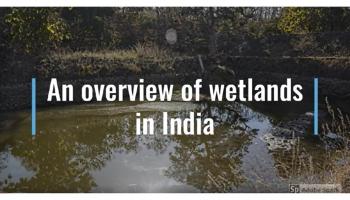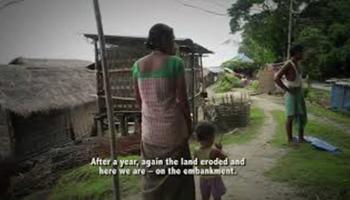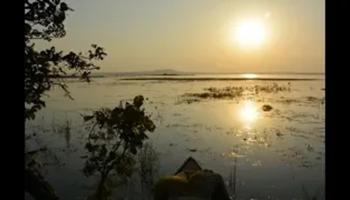Lakes, Ponds and Wetlands
Workshop on urban lake monitoring & management by CiSTUP, Bangalore
Posted on 22 Aug, 2009 05:01 AMImage & Content Courtesy: CiSTUP
Indian Institute of Science is conducting a Workshop on URBAN LAKE MONITORING & MANAGEMENT from 23rd to 25th of September 2009 and a Brainstorming Session on Conservation & Management of Urban Lakes on 26th September 2009
Venue: CiSTUP seminar Hall (SID Building), IISc campus (location details are available at http://cistup.iisc.ernet.in)
Workshop schedule: 9:30 AM to 6:30 PM
The workshop is meant for Research Scholars and Master students. The age of the participant be less than 30 as of 30 August 2009 (no registration and accommodation charges for selected young researchers).
Interested applicant should send a write-up (less than 750 words each) on “Need and challenges of wetland Monitoring and Management in India” and “How wetland monitoring workshop would benefit their career” (One page on each title). Application and write-up is to be routed through their institution. Selected outstation candidates will be paid Rs 500/- as their travel support and accommodation and food during the workshop will be taken care by the organizers.
Rainwater harvesting in India: Traditional and contemporary
Posted on 21 Aug, 2009 12:41 PMThe document informs that traditionally Indians worshipped both water and rain as “Jala” and “Varuna”. Even rivers were worshipped. Till 3000 B.C., RWH happened without human effort as rain got collected in rivers and natural depressions. Civilizations flourished on river banks all over the world Indus valley civilization in India.
Technologies for lake restoration: A paper from Helmut Klapper on water quality and restoration of lakes
Posted on 20 Aug, 2009 03:46 PMDownload this guide to technologies which can assist you in your goal to restore lakes.
Ramsar convention policies: Concept and mission
Posted on 20 Aug, 2009 03:31 PMThe Ramsar Convention’s ‘wise use’ concept defined as ‘the maintenance of the wetlands ecological character, achieved through the implementation of ecosystem approaches, within the context of sustainable development’, has guided various measures for the sustainable use of wetlands and their resources, for the benefit of humankind.
Revival of ancient water tanks in India: Case studies from Karnataka and Tamilnadu
Posted on 20 Aug, 2009 03:26 PMCenturies old dried up water tanks have been revived with the combined efforts of the local community and the authorities.
Save the lakes campaign - Restore Hyderabad's Hussain Sagar
Posted on 20 Aug, 2009 02:48 PMRead the report for a comprehensive background on the campaign, along with the techniques used, chronology and dateline as well as the important people to contact.
This link was sourced from the website of Centre of Science and Environment
Save the lakes campaign - Voicing concerns about the state of the Pulicat lake in Tamilnadu
Posted on 20 Aug, 2009 02:46 PMLearn more about the campaign and to find out how you can contribute.
The document has been sourced from Global Nature Fund's website, an initiative of Pulicat Lake, Crenieo, Global Nature Fund, and Living Lakes.
Chapter on water resources from the Chhattisgarh State of the Environment Report
Posted on 12 Aug, 2009 02:14 PMThe chapter on Water Resources from the Chhatisgarh State of the Environment Report, 2004 begins with a discussion of the problems in the State like (a) limited irrigation potential created (b) unbalanced irrigable land to cultivable land ratio in districts (c) low budget for maintenance of created irrigation facilities and (d) over-dependence on paddy cultivation.
Andhra Pradesh State of the Environment: A report from ENVIS
Posted on 11 Aug, 2009 04:00 PMThe Andhra Pradesh State of the Environment Report is available at the Environmental Information System (ENVIS) cell of the Ministry of Environment and Forests (MoEF) here.
Half full, Half empty: A WaterAid publication on the drought and drinking water crisis in Bundelkhand
Posted on 11 Aug, 2009 01:44 PMThis paper on Bundelkhand from their Water and Sanitation Perspective series of WaterAid presents how ecological degradation and faulty policies make drinking water scarce and less accessible.








